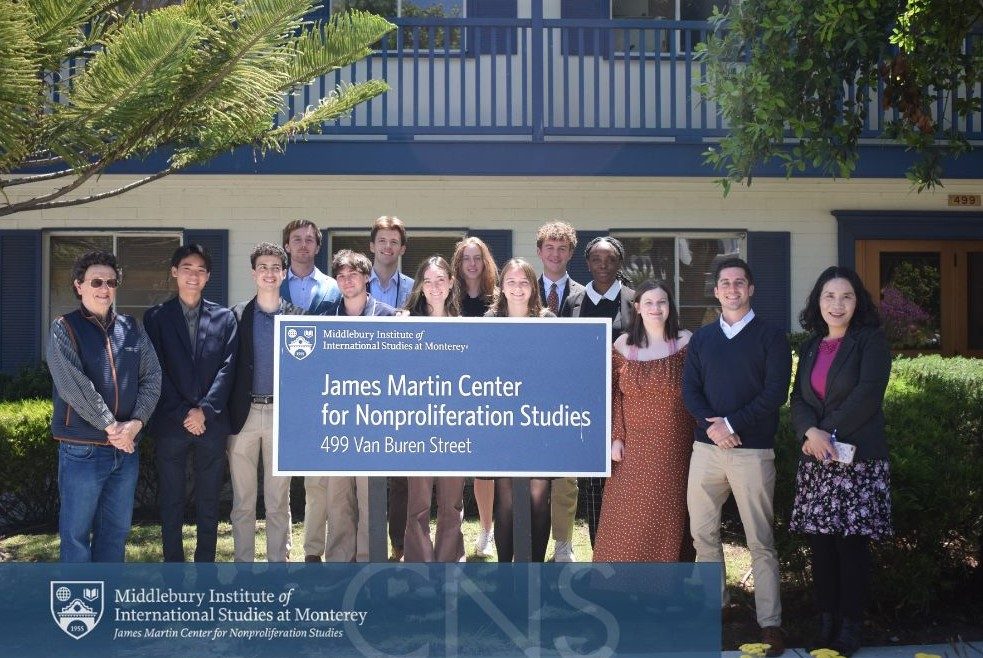2023 Summer Undergraduate Fellow Spotlight: Oluwafunmi Ayodeji

Funmi Ayodeji recently completed her Bachelor of Arts in Political Science at Trinity Washington University, where she also minored in philosophy. While at Trinity Washington, Funmi participated in the Center for Strategic and International Studies (CSIS) fellowship, where she learned about foreign policy issues and presented on the topic of climate change in Central America. Her interest in nuclear nonproliferation was piqued when she took a Nuclear Weapons & Arms Control course. During the course, she researched and gave a presentation on the NEW START Treaty and the importance of the treaty to the future of nonproliferation. Funmi’s research interests include multilateral organizations and their role in nonproliferation, chemical and biological weapons nonproliferation, and human rights. Funmi is keen to study nuclear issues as an Undergraduate Fellow this summer at CNS. After this opportunity in Monterey, Funmi plans to apply to law school, where she will focus on international law and human rights. Outside of the classroom, Funmi enjoys reading, cooking, and listening to true crime podcasts.
Research Presentation: The Treaty on the Prohibition of Nuclear Weapons TPNW: From an International Human Rights Law Perspective

The Treaty on the Prohibition of Nuclear Weapons which entered into force on January 22, 2021, is the first complete universal ban on nuclear weapons. It is an important part of international law because it attempts to set a norm that nuclear weapons are unacceptable. By focusing on the humanitarian impact of the use of nuclear weapons, the treaty presents a shift from state security toward human-centered security. This research explores the human rights law aspect of the TPNW and other types of international law that address victims of nuclear weapons use/testing. My research project will argue that the treaty represents a bridge between nuclear disarmament and human rights. Investigating this relationship is important because it sheds light on the humanitarian aspect of disarmament and on how human rights movements can connect with nuclear disarmament movements and discussions.


